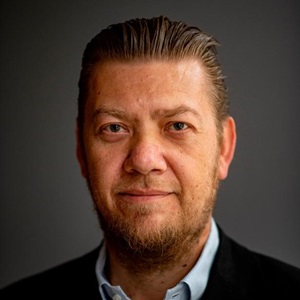
THEME: What makes group work work?
Tony S. Andersen shares some reflections on group work as an important democratic means of learning – also at university level. Though Danish students are used to working in groups through their educational programmes, the requirements of an academic setting may ask for making the expectations of students’ group work explicit.
If you ask students in youth education what characterises good group work, the vast majority answer that it is when all members contribute actively to the common academic task and are open to different proposals and willing to communicate and compromise. In other words, good group work requires professional motivation, a pleasant social environment and a clear product requirement.
The group work takes place in a social arena and is often linked to questions such as: How do others perceive me? How do I perceive them? What would I like to be recognized for? This is the social-emotional aspect of the way of working, which is perhaps underestimated at the university, because of course the focus is on the academic subject, but first-year students in particular do not naturally know how to collaborate at a university. It is probably a great help if you make it explicit to the students at department level what the expectations are for a study group, including what you could call the group work's small social contract, i.e. the implicit basis on which the group must function. It could be, for example, that you comply with agreements and that you show up prepared. That everyone gives according to their ability, that you recognise each other's strengths, but that the strongest shoulders naturally carry the most. Making these things explicit can strengthen the social glue, both in the group and at the institute.
The feeling of belonging and the sense of one's own worth as a participant is a crucial prerequisite for professional engagement, but that is also the purpose of group work. If you as a pupil or student do not have a clear sense of what the product requirement or goal is, then there is an increased risk that professional motivation disappears. Clear frameworks and expectations also help make group work work.
Group work, like democracy, is a complicated process where you meet and discuss, and sometimes you become wiser, and sometimes you disagree the most, but you move together towards a goal, for example an assignment, an exam, an even better society.
Tony S. Andersen is a lecturer and high school teacher/gymnasielærer of Danish and English at Odense Katedralskole. He has written several teaching books for youth education and was previously head of H.C. The Andersen Centre's Educational Track.
Tony S. Andersen

LTP supervisor at SDU, lecturer and high school teacher/gymnasielærer.